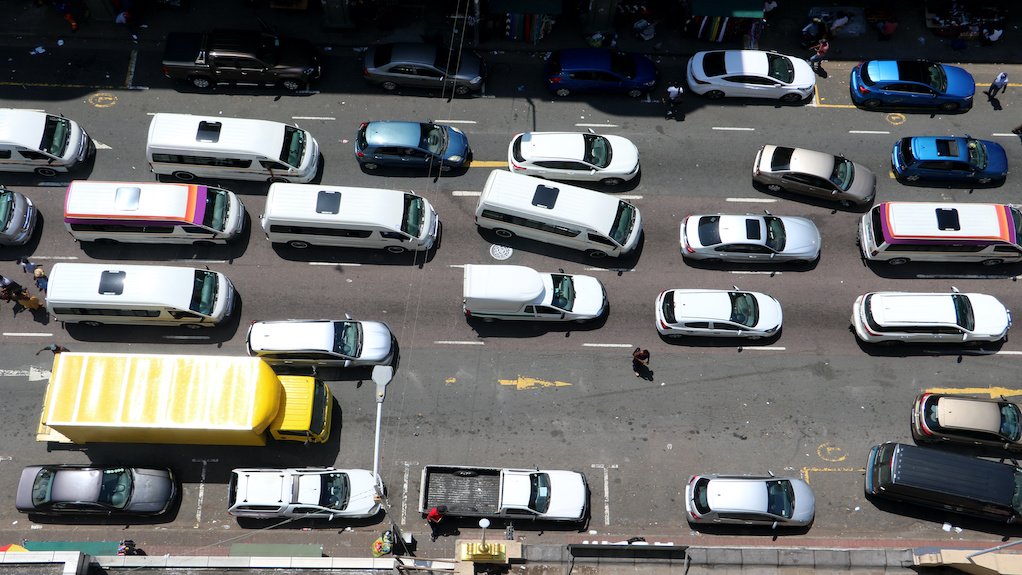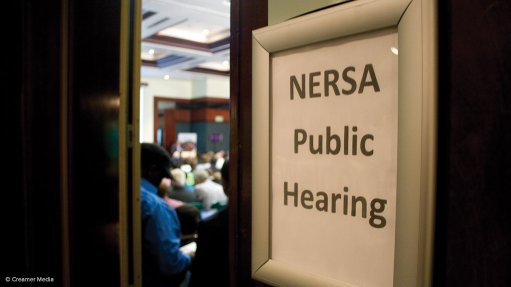100 years in mobility: Shifting from “transport disadvantaged” to “transport justice”
6 strategic mobility focus areas for the next 100 years
By Bongani Mthombeni – Möller
Nearly a quarter of South Africans spend up to 20% of their income on transport – and that was before speculation that the petrol price could reach R40 per litre on the back of spiralling oil prices.
“Transport disadvantage” is just one legacy of apartheid spatial planning, which favoured higher-income populations and persists today. Residents of poor communities still have to travel long distances to and from work and school. Those who can’t afford to travel also can’t access essential goods and services, resulting in poor health and education, high crime rates, poverty, and social denigration.
However, when it comes to transport, South Africa over-emphasises major projects, like the Gautrain, which again favours higher-income populations and is of little relevance to township communities.
We will only perpetuate the transport disadvantage and widen the gap between the haves and have-nots if we continue to focus on major projects without addressing the fundamentals.
A new mobility narrative for South Africa
If we are to shift from a state of “transport disadvantaged” to one of “transport justice”, there needs to be a shift in thinking about how we address mobility challenges in African cities.
Globally, the narrative around mobility focuses on smart cities, electric and autonomous vehicles, and digital rail. But is it too early to discuss these issues in an African context where a significant portion of the population lacks easy, affordable access to major transportation routes?
In our century-long experience in South Africa, we believe these should be the strategic focus areas for the next 100 years:
Redefine the goal.
To reduce poverty and unemployment, we must address transport-related exclusion head-on. Our goal should be to achieve a basic level of access for all, focusing on the travel needs of local beneficiary communities. We should be investing in making mobility cheaper, faster, and safer for everyone, not only higher-income populations.
Take better care of what we have.
It’s cheaper to maintain infrastructure than to fix it, and it’s cheaper to fix infrastructure than to replace it. With limited resources and a strained economy, South Africa should invest in its existing transportation infrastructure, processes, and systems, by futureproofing them as much as possible and incorporating sustainable mobility solutions that actively drive down the cost of transport.
Embrace technology.
Data should be our roadmap to the future of mobility, which we envision to be frictionless, automated, and on-demand. However, there’s a misperception that smart mobility technology, such as Building Information Modelling (BIM) and Digital Twins, is too advanced for Africa’s needs. We disagree. The principles of applying smart technology to rural transport schemes are the same as urban ones. The only difference is context.
Optimise and subsidise the minibus taxi industry.
Nearly 70% of South African households use minibus taxis to get around. Formalising and supporting the industry via vehicle subsidies and tax rebates could unlock the sector’s full potential. To be successful, the subsidy will need to come with conditions. Making access to the subsidy conditional on running taxi services through a mobile app, for example, will result in taxi owners and drivers being better integrated into the transportation system.
An app-based system would allow passengers to rate their drivers and experiences – drivers with the highest ratings could get a higher subsidy. Taxi drivers' performance and location can also be tracked, and operators can use the data to forecast demand and manage vehicle supply to optimise fleets, routes, and preventative maintenance.
Adopt MaaS for mass transport.
Mobility-as-a-Service (MaaS) platforms automatically calculate the fastest, safest, most efficient way for you to get from A to B, using any and all modes of transport available. Smart mobility solutions such as Flowtack digitise the transportation network and collect data from road users and sensors. Authorities can use this data to predict and optimise traffic flows in real-time to keep traffic moving and avoid gridlocked cities.
To be effective, mass public transportation must serve as the foundation of an integrated system that includes shared, on-demand, and active travel modes. We can also improve the way people move from a safety, efficiency, and sustainability perspective through the accelerated provision of dedicated minibus taxi lanes and walking and cycling infrastructure.
Diverse partnerships and policy support are crucial.
Successful and sustainable mobility needs a collaborative, integrated approach to spatial planning and solution development. To ensure equal distribution of transportation benefits, we must prioritise equity and inclusion in planning and decision-making.
Public-private partnerships that prioritise stakeholder engagement and diversity in thinking and practice will ensure we create different, less expensive, and more context-specific, gender-sensitive solutions. Getting it right will require rapid experimentation, evolutionary learning, and buy-in from all stakeholders. The key is to create actionable transport plans and strategies that utilise cutting-edge technology.
An opportunity to Enhance Society Together
There’s a renewed sense of urgency to address inequality in South Africa. Fixing our transport challenges is the fastest way to – literally – provide a road out of poverty for millions. Smart mobility is only successful and effective if it’s inclusive. By shifting perspectives and changing the mobility narrative, we can enhance society together.
Contact Information
Contact Bongani Mthombeni – Möller, Director of Smart Mobility at Royal HaskoningDHV if you’re looking for a trusted partner to present solutions to your mobility challenges, including for road, rail and maritime.
Email: bongani.mthombeni.moller@rhdhv.com
Website: Royal HaskoningDHV
Contact number: +27 (0) 87 352 1500
Comments
Press Office
Announcements
What's On
Subscribe to improve your user experience...
Option 1 (equivalent of R125 a month):
Receive a weekly copy of Creamer Media's Engineering News & Mining Weekly magazine
(print copy for those in South Africa and e-magazine for those outside of South Africa)
Receive daily email newsletters
Access to full search results
Access archive of magazine back copies
Access to Projects in Progress
Access to ONE Research Report of your choice in PDF format
Option 2 (equivalent of R375 a month):
All benefits from Option 1
PLUS
Access to Creamer Media's Research Channel Africa for ALL Research Reports, in PDF format, on various industrial and mining sectors
including Electricity; Water; Energy Transition; Hydrogen; Roads, Rail and Ports; Coal; Gold; Platinum; Battery Metals; etc.
Already a subscriber?
Forgotten your password?
Receive weekly copy of Creamer Media's Engineering News & Mining Weekly magazine (print copy for those in South Africa and e-magazine for those outside of South Africa)
➕
Recieve daily email newsletters
➕
Access to full search results
➕
Access archive of magazine back copies
➕
Access to Projects in Progress
➕
Access to ONE Research Report of your choice in PDF format
RESEARCH CHANNEL AFRICA
R4500 (equivalent of R375 a month)
SUBSCRIBEAll benefits from Option 1
➕
Access to Creamer Media's Research Channel Africa for ALL Research Reports on various industrial and mining sectors, in PDF format, including on:
Electricity
➕
Water
➕
Energy Transition
➕
Hydrogen
➕
Roads, Rail and Ports
➕
Coal
➕
Gold
➕
Platinum
➕
Battery Metals
➕
etc.
Receive all benefits from Option 1 or Option 2 delivered to numerous people at your company
➕
Multiple User names and Passwords for simultaneous log-ins
➕
Intranet integration access to all in your organisation





















